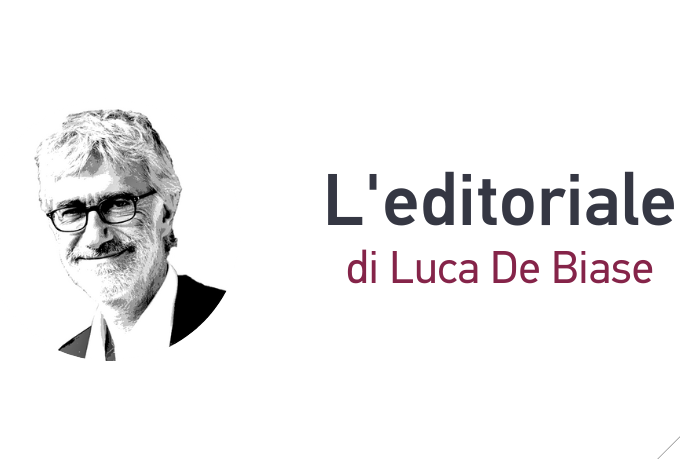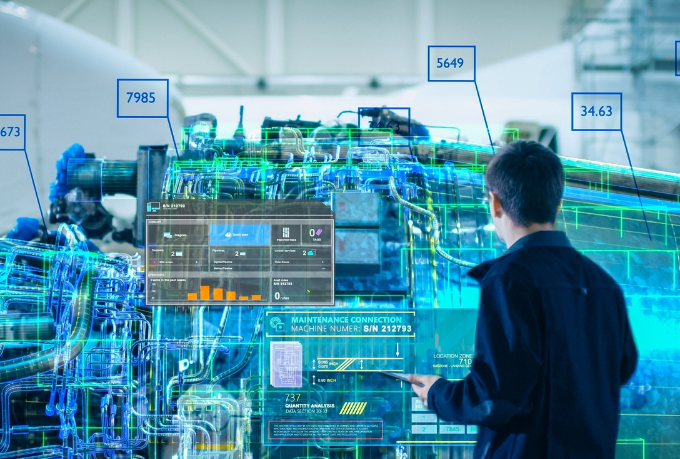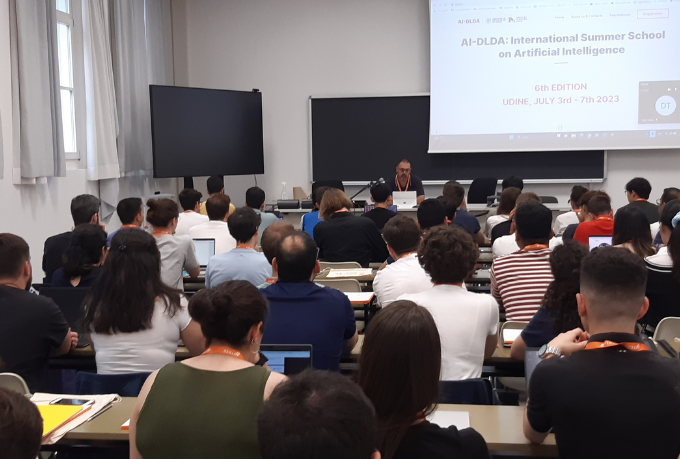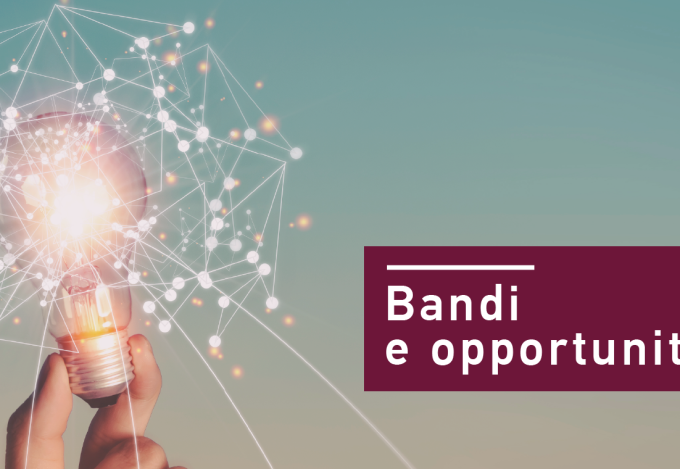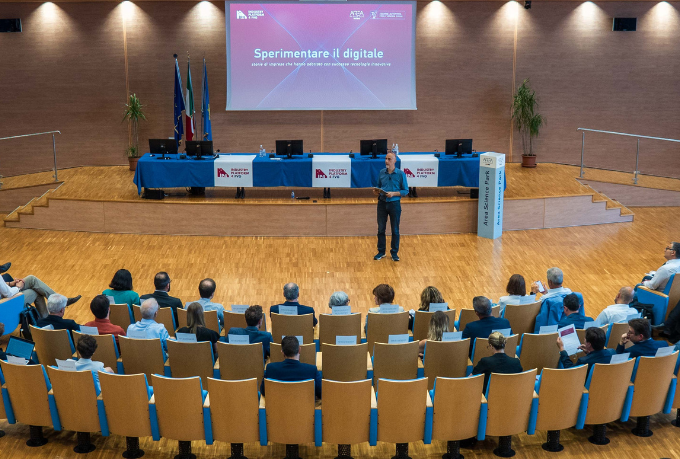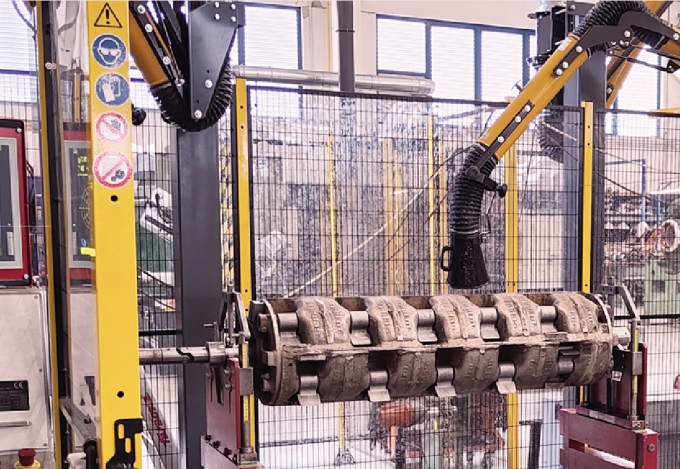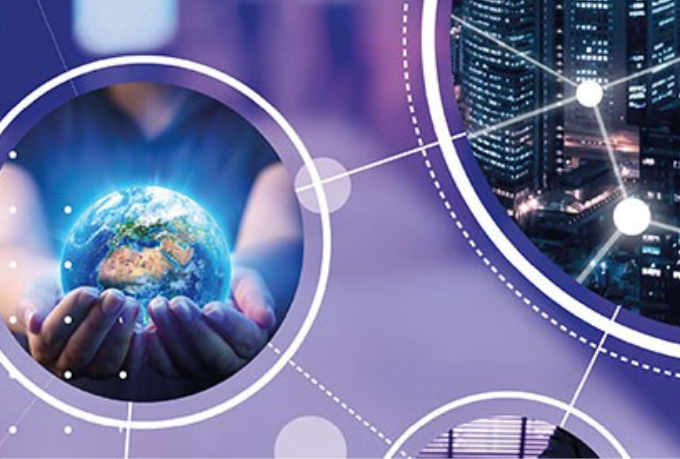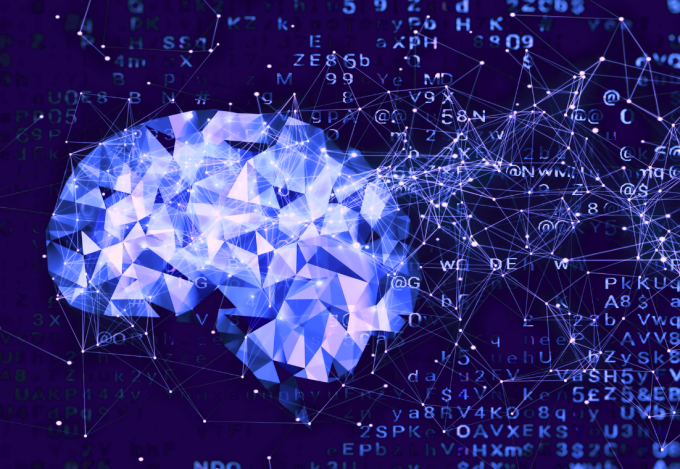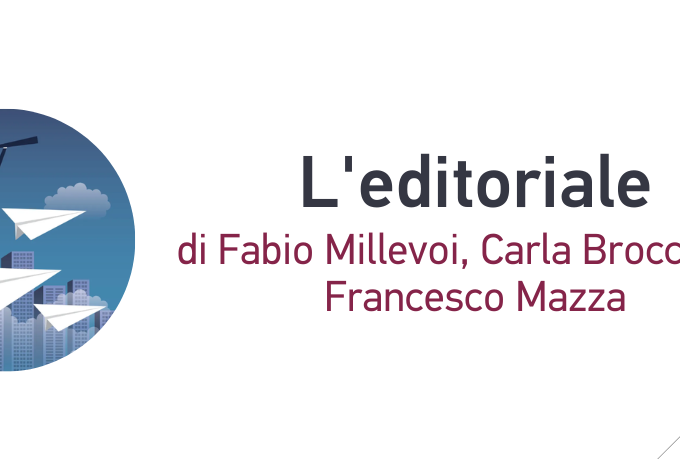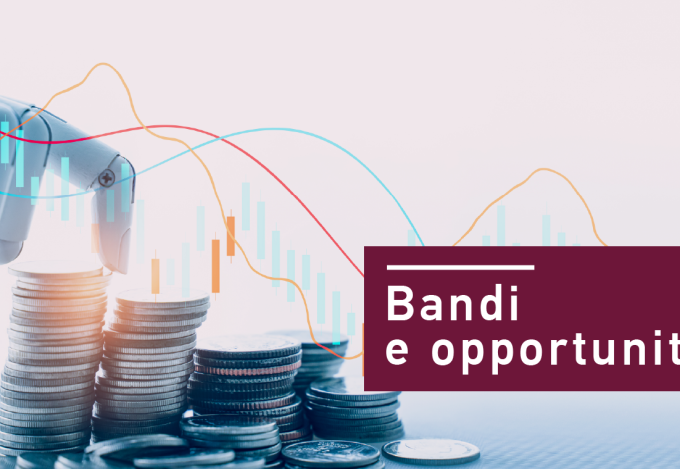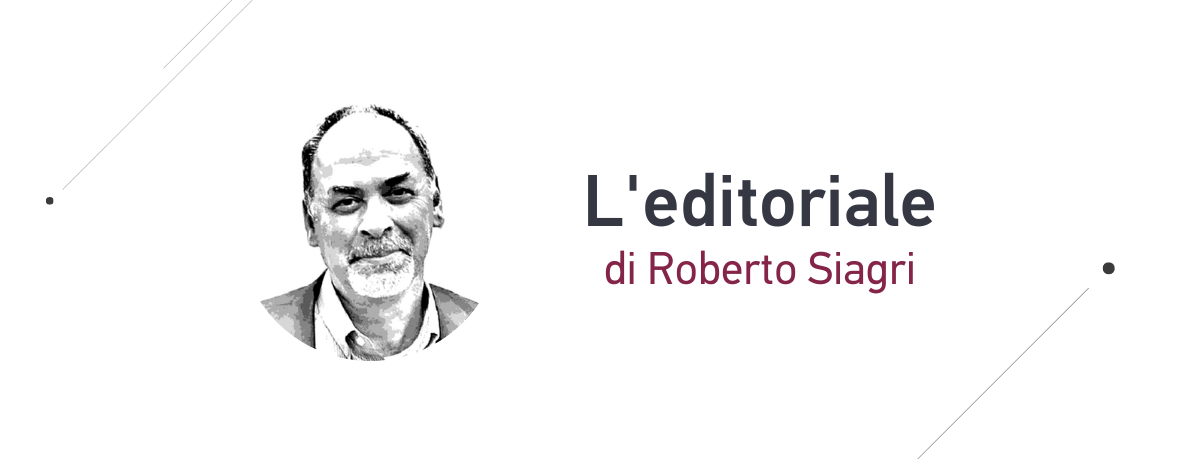
12 January 2023
Industry 5.0 and outcome economy: technology allows humans to take centre stage again
by Roberto Siagri, Chairman of the IP4FVG Steering Committee
I activated an account on chatGPT, a chat where answers are given through an artificial intelligence created by OpenAI: I began to converse with it and I must say that it surprised me. It has an answer for every questions, but with a caveat attached: not only do you need to phrase your question well, but it is very important to always check the result by asking more follow-up questions if you are not happy with the answer. I even tried to make it write algorithms: the ability that chatGPT has to write code is equally astounding.
That being said, I asked chatGPT to explain what Industry 4.0 is, and here is its answer: “…it is a concept that refers to the adoption of advanced digital technologies in industrial production. Industry 4.0 includes the integration of mechanical production systems with automation and control systems based on digital technologies such as the Internet of Things (IoT), cloud computing, advanced robotics and artificial intelligence. The goal of Industry 4.0 is to increase the efficiency, flexibility and customisation of production, as well as the quality and safety of products.” I quite agree with this definition.
I then asked chatGPT to tell me what Industry 5.0 is and it replied that Industry 5.0 “…is still in the development stage and refers to the adoption of next-generation technologies, such as augmented reality and virtual reality, in industrial production. Industry 5.0 aims to create a highly integrated and customised manufacturing environment where advanced digital technologies enable greater collaboration between man and machine and greater flexibility in production. Industry 5.0 is expected to lead to greater sustainability and more energy-efficient production.”
While acceptable at first glance, the second answer somehow left me with a bad taste in my mouth instead, and makes me realise that we humans in 2021 (chatGPT’s knowledge cutoff), had not yet reached a consensus on the definition of Industry 5.0. My definition of Industry 5.0 is a little different, just enough to allow us to think about a drastic change in the production model. I want to believe that Industry 5.0 represents the maturity stage of the 4th industrial revolution. A time when digital technologies will not be used only to intensify the current industrial production model, which is now unable to meet the sustainability needs of spaceship Earth we populate. A time when digital technologies will be used in a transformative way, so that they will be the architects of discontinuous change. A discontinuity driven and initially guided by us humans, and later catalysed and amplified by digital technologies.
The discontinuity I am talking about is nothing more than the shift from the industrial production model to the digital production model. From the perspective of the economy, this means moving from product economy to outcome economy; an economy where what matters is no longer the product as such, but the results or performance that is obtained from the use of the product itself; an economy where all things become “advanced service” thanks to the introduction of new business models that only digital technology makes it possible to activate. This will not only meet the growing customer demand for customisation and tailored solutions, but will also enable companies to increase profits by reducing the use price for the customer while drastically limiting impact on the environment. I speak of “use price” and not “purchase price”, meaning the price per kilo of a product. The price per kilo is bound to go up, but it is no longer a “weight” that the customer buys, but rather a “time”; therefore, digital technology can work the magic of increasing the price per kilo of a product for the enterprise, while reducing the use price of such product for the customer. There are also indirect benefits, such as a better use of resources due to longer product lifespan, a significant reduction in waste and a consequent reduction in energy required by industry. This is a new model that creates a virtuous circle: we move from an economic model where someone has to lose —usually causing the environment to lose — to a model where everyone wins. I like to think of Industry 5.0 and outcome economy as two complementary concepts, two sides of the same coin, where technology performs the function of allowing humans to take centre stage again, while circular economy improves the income statement of businesses and is no longer a cost.
To activate this virtuous circuit new IT technicians need to be trained. Digital technology is and will be increasingly important in all sectors of the economy, and we are already experiencing across-the-board shortage of IT skills. Things are already looking bad considering that according to a 2021 survey 64% of businesses claimed that IT staff shortages are the most difficult barrier to overcome in adopting new technologies. In 2020, only 4% believed that the obstacle was related to staff. According to other estimates, we could experience, globally, 85 million job vacancies by 2030, with lost revenues for businesses estimated at $ 8.5 trillion.
In Italy, ITS (Higher Technology Institutes) play an increasingly strategic role in training quickly the new technicians of the digital age. Great attention should be paid by all to ITS Academies, insofar as if they are well used they can significantly mitigate the problem related to lack of technicians. After all, if IBM has announced the ambitious goal of training, globally, 30 million people by 2030, we too should be able to train in Italy at least 3 million super technicians by 2030. There is also a tool that is still little used, i.e. the higher education apprenticeship: businesses could give young people a salary while they learn, and it would only take a small change in the legislation to make it very attractive with a view to ITS development. Addressing businesses and paraphrasing a phrase from J.F. Kennedy, we are not asking the Italian education system what it can do for businesses, but what businesses together with families and teachers can do for Italy, supporting and nurturing higher education schools such as ITS Academies.




